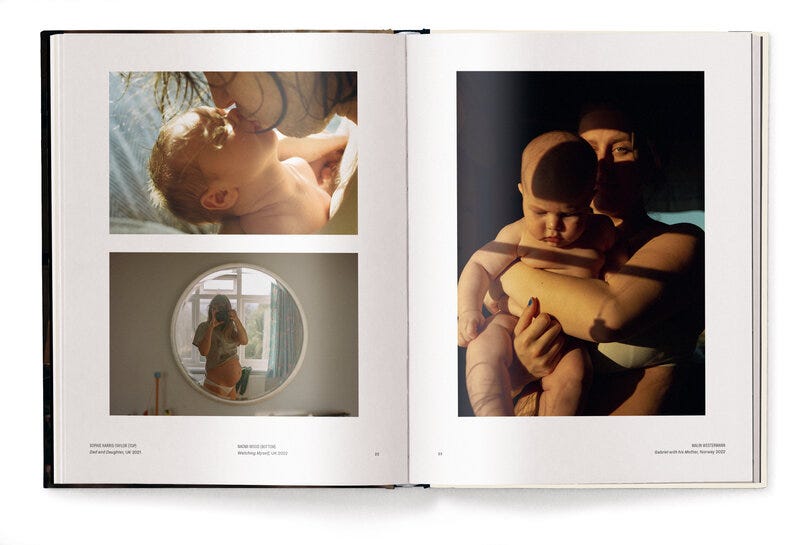I am deep in doing interviews with mothers from around the world for my PhD research on the emotions and negotiation of identities of mothers raising multilingual children. For context, they are all mothers raising children in a heritage language or, a non-societal language. For example, I am raising my children in Polish but as we live in the UK, their societal language is English. The societal language, especially when children start school and peer groups become very important, often becomes the dominant language and parents may struggle to keep the heritage language going.
Something I posted a few weeks ago when I started doing the interviews:
I have some academic deadlines coming up in the next two weeks, so I have been devoting most of my time to that right now. I had a few other newsletter ideas planned for today but the academic work and of course mothering two young children got in the way and I want to spend a bit more time on the other essays.
Wait.
I will rephrase that: mothering did not get in the way, it was a priority and along with the academic work, I could not manage to juggle as much writing as I hoped this week.
I do have some great essays coming up for the newsletter including, as promised, one about being a #boygirl mom (JK about the hashtag but as you may have guessed, it is in reference to #boymom and how those distinctions hurt us all even when they are meant to be “inclusive”). I am also finishing up my Q+A with the creator of the @eyemamaproject and author and curator of the Eye Mama book. I attended the book launch in London a couple of weeks ago and have some amazing stories to share behind some of the images, as told by the photographers in attendance who are featured in the book.

Until then, I want to share something I was discussing with one of my study participants yesterday. It was in the context of raising multilingual children but really, it is 100 per cent relevant to motherhood and parenthood. It is the idea of “good enough”. According to this Today’s Parent article, “good enough parenting” was introduced by psychoanalyst Donald Winnicott in the 1950s:
“He used the term to describe the necessary process whereby a mother, who starts out hyper-responsive to her infant’s needs, naturally relaxes her responsiveness in healthy ways as the child grows and develops.”
It is about adapting and readapting and forgetting any idea of “perfect”. The participant in my study is a mother to young teens and it was fascinating talking to her about how much has changed since her children were young and how much she has had to adapt and readapt her ideas and ideals of heritage language maintenance and passing on her first language.
The idea of “perfect” reminded me of mothers who have used the term “perfect bilingual” to describe their children. A “perfect bilingual” does not exist as languages are always changing, are fluid and a 50/50 balance is nearly impossible. But I get it, “perfect” sounds a lot better than “good enough”. But it shouldn’t. For some families, “good enough” is when the children understand a heritage language (passive bilinguals) but do not necessarily speak it (active bilinguals). For others, it is about their children speaking with a high degree of fluency, but other areas like reading or writing in the heritage language are not important. The mother in my study kept talking about “good enough” in the context of her children knowing her first language, yes with a wistfulness but also, with acceptance.
Whether you mother in one or multiple languages, I wish you a good-enough rest of the week, and if you feel like sharing, I would love to hear your recent (multilingual) mothering good-enough wins in the comment section.






This is slightly tangential, but I’ve been pondering this: a family member went to Ecuador to teach English, learned Spanish, and then raised her child to be fluent in Spanish (while living here in the States). It seems to me that this is a slightly unusual situation, to raise a bilingual child without any substantial amount of the culture that comes with it. I wonder if it matters? I think the ability to speak more than one language is a great skill to have. I am not bilingual, to my immigrant mother’s eternal shame (how much I would love to unpack that with her, but she died so long ago), but we always had Japanese culture surrounding us, though not in the way we would have had we lived in Japan. Anyway, morning musings.
I really appreciate how you called out your initial usage of “mothering got in the way” instead of just editing it out off screen. That’s such an important reframe and I know I often find myself thinking that way when I’m frustrated by the like of time in a day.